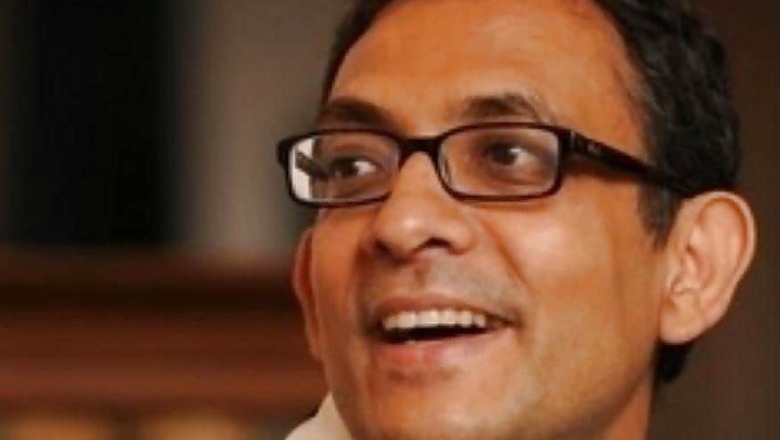
views
This is a Horlicks budget – its lack of real taste is balanced by its lack of real substance. This was alas also the last budget where this government could have done something really different; by budget time next year, everyone will be thinking elections.
Unfortunately, there are many brave things that we still need done. The banking sector is in shambles. The set aside for bank recapitalization in the budget is Rs 100 billion, which I would guess is less than 2% of what the banks will need to be Basel III compatible. Which means that our banking sector will continue to be in this limbo where they cannot lend because they don’t have enough good assets to show against their deposits, but they cannot get good assets because they don’t lend.
There are actually things the government could do about this, even without spending a whole lot of money. For example, it could try to sell some of the banks—in the world there are banks that are so big that they could swallow some of our smaller banks, bad debts and all, without really noticing. But they won’t buy them unless they believe they will have a free hand with the bank in the future. Meaning that they can shed the staff where need be and shut down the lossmaking branches. But this means banking strikes and disapproval from our swadeshi-wallahs, which is probably why the government does not want to take it on.
Someone might say that investment is tanking and so who needs the loans? Why worry about banks as long as investment demand is down? But there is actually a chicken and egg problem here: there are good borrowers who cannot get the loans they need, which is partly why demand is low, and as a result, those who have installed capacity are not selling enough to justify further investment.
That said, the economy could do with serious stimulus. Especially after demonetization. Tax cuts for businesses work best when people are making lots of money, not when they are on the verge of shutting down. Capital spending by the government is the obvious alternative, but the current plan is to let it grow roughly at the same speed as GDP. The stated reason is fiscal prudence, but then why give away money to the middle classes? The minister keeps complaining about tax compliance, but then why keep sending the signal that the middle classes need not pay taxes? If we want a middle class that feels that the government owes it something and therefore demands performance, we should hold the line on taxes.
There are of course other, bigger, giveaways, which could have paid for massively expanded investments in infrastructure. The epitaph of the fertilizer subsidy has been written by many an economist, but it continues to be generously funded along with free power for agriculture and tax free living for the farmers. But taking on those things need courage. And this is not year for being brave.
The author is Ford Foundation International Professor of Economics at the Massachusetts Institute of Technology, and one of the founders of the Abdul Latif Jameel Poverty Action Lab. Views expressed are personal.




















Comments
0 comment